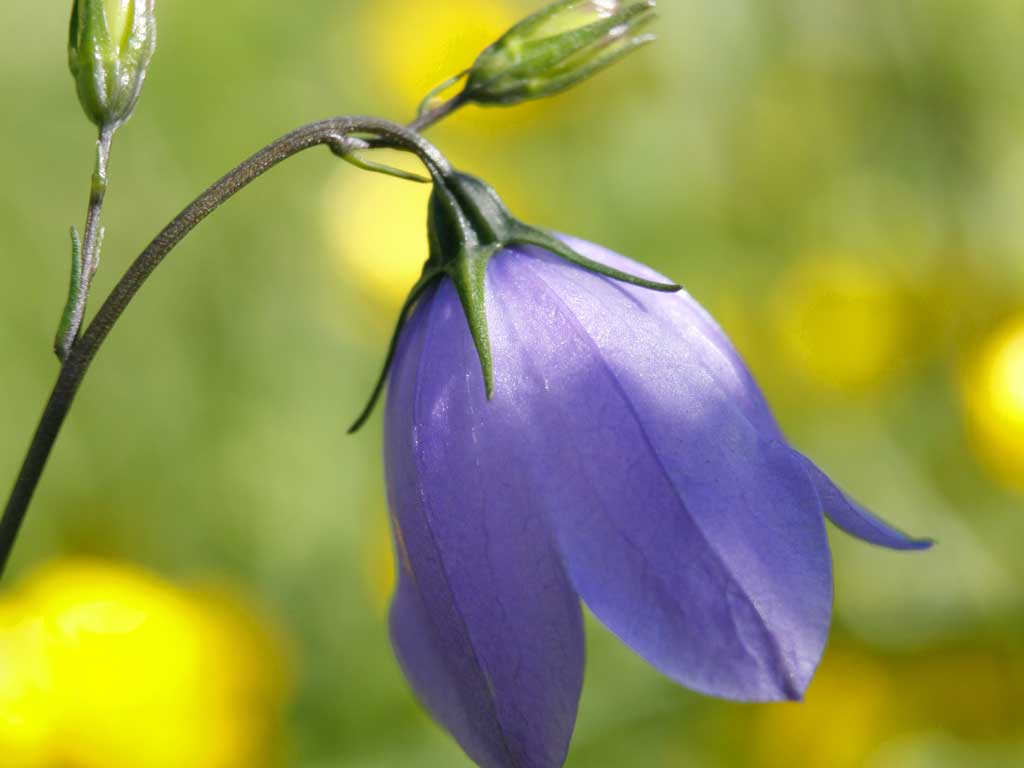Pollution causing steep decline in UK's favourite wild flowers

Your support helps us to tell the story
From reproductive rights to climate change to Big Tech, The Independent is on the ground when the story is developing. Whether it's investigating the financials of Elon Musk's pro-Trump PAC or producing our latest documentary, 'The A Word', which shines a light on the American women fighting for reproductive rights, we know how important it is to parse out the facts from the messaging.
At such a critical moment in US history, we need reporters on the ground. Your donation allows us to keep sending journalists to speak to both sides of the story.
The Independent is trusted by Americans across the entire political spectrum. And unlike many other quality news outlets, we choose not to lock Americans out of our reporting and analysis with paywalls. We believe quality journalism should be available to everyone, paid for by those who can afford it.
Your support makes all the difference.Many of Britain's best-loved wild flower species are disappearing because of nitrogen pollution from car exhausts and farm fertilisers, experts are warning.
Familiar species such as birds-foot trefoil, harebells and eyebright are being crowded out by more robust plants which benefit from the fertilising effect of the chemical.
The nitrogen originates in vehicle emissions and agricultural fertilisers, is borne on the wind and is then deposited on the land – about 400,000 tonnes of it in Britain every year. As a result a small number of plants such as stinging nettles, cow parsley and some grass species are now outcompeting and suppressing other species. Although it may seem counterintuitive, the majority of Britain's smaller wild flowers need poor soils to flourish alongside each other. If the soil is heavily fertilised, they lose out – and nearly 100 species have been found to be affected. "It is a dramatic change to the flora of Britain," said Professor David Fowler of the Centre for Ecology and Hydrology. Yesterday he launched a major new review of UK transboundary air pollution – pollution originating in Britain and being exported, or coming into the country from the outside. "We're essentially changing the fertility of the whole country, even the remote parts, by fertilising the landscape through the atmosphere.
"It is bad for our wild flowers as a whole. The tendency is to think, nutrients and fertiliser are good, but they're only good if they promote the growth of the things you're interested in. In this case, they're removing key species from the environment."
The review found that sulphur emissions from UK power stations, which in the 1970s and 1980s were turning into acid rain falling on Scandinavia – to the fury of the Norwegians and Swedes – have now been substantially reduced.
But although nitrogen emissions from vehicles have been steadily brought down, nitrogen deposition on land has remained unchanged over 20 years – partly because there is more nitrogen in the atmosphere from agricultural fertilisers.
The result is a steady impoverishment of the British flora. One of the experts on the change, Dr Carly Stevens of the University of Lancaster, said it was a very sad event but it had had very little publicity and hardly anyone outside scientific circles realised it was happening. "If you talk to old people they will say that there were more wild flowers when they were young," she said. "People think the old always look back favourably, but this is a case where it is true." A study co-authored by Dr Stevens last year found 91 species adversely affected by nitrogen deposition – including well-loved species such as restharrow, viper's bugloss, wild carrot and the beautiful orchid, autumn lady's tresses.
Join our commenting forum
Join thought-provoking conversations, follow other Independent readers and see their replies
Comments